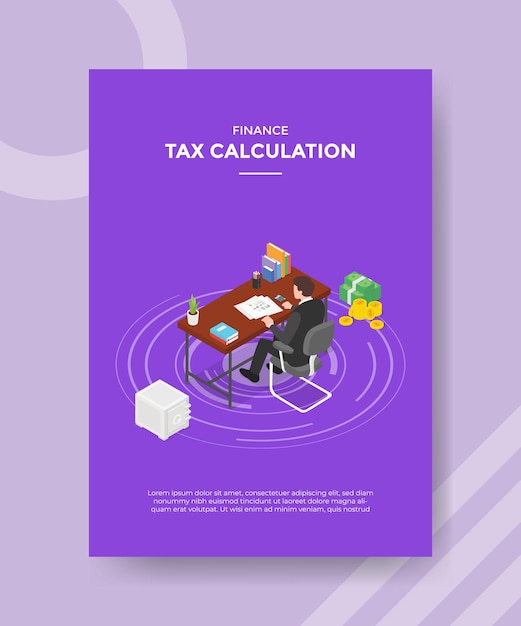
A consumption tax is a levy imposed on goods and services. This concept has played a significant role in American history, with the Boston Tea Party standing as a protest against the consumption tax on tea, enforced by the British.
Nowadays, consumption taxes are a normal part of consumer spending. Several types are prevalent, such as:
– Sales Tax: This charge applies to many products we buy. Retailers collect the sales tax from consumers and hand it over to the government. It constitutes a fraction of the total sales price, which varies across cities and states. Most food products, however, are exempt from this tax.
– Value-added Tax (VAT): Seen mostly in Europe, VAT is another form of consumption tax. For consumers, it’s a purchase tax, whereas for businesses, it’s a tax on the gap between the cost price and retail value.
– Excise Tax: This is a tax on specific items, often including alcohol and gasoline.
– Expenditure Tax: It’s a type of consumption tax that applies to the difference between your income and savings. The more someone spends, the more they are taxed. This form of tax is less common, only existing in India and Sri Lanka.
Many criticize consumption taxes due to their disproportionate impact on the poor. The less affluent spend a larger share of their income on essentials, leaving less disposable income for other goods and paying taxes. Since they don’t have the luxury to save, their earnings typically go towards basic needs and survival.
Despite such concerns, some argue that implementing a VAT in the United States could help reduce the deficit. While the opponents fear its impact on the less affluent, they consider introducing a consumption tax as a possible solution to the nation’s present fiscal deficit.


